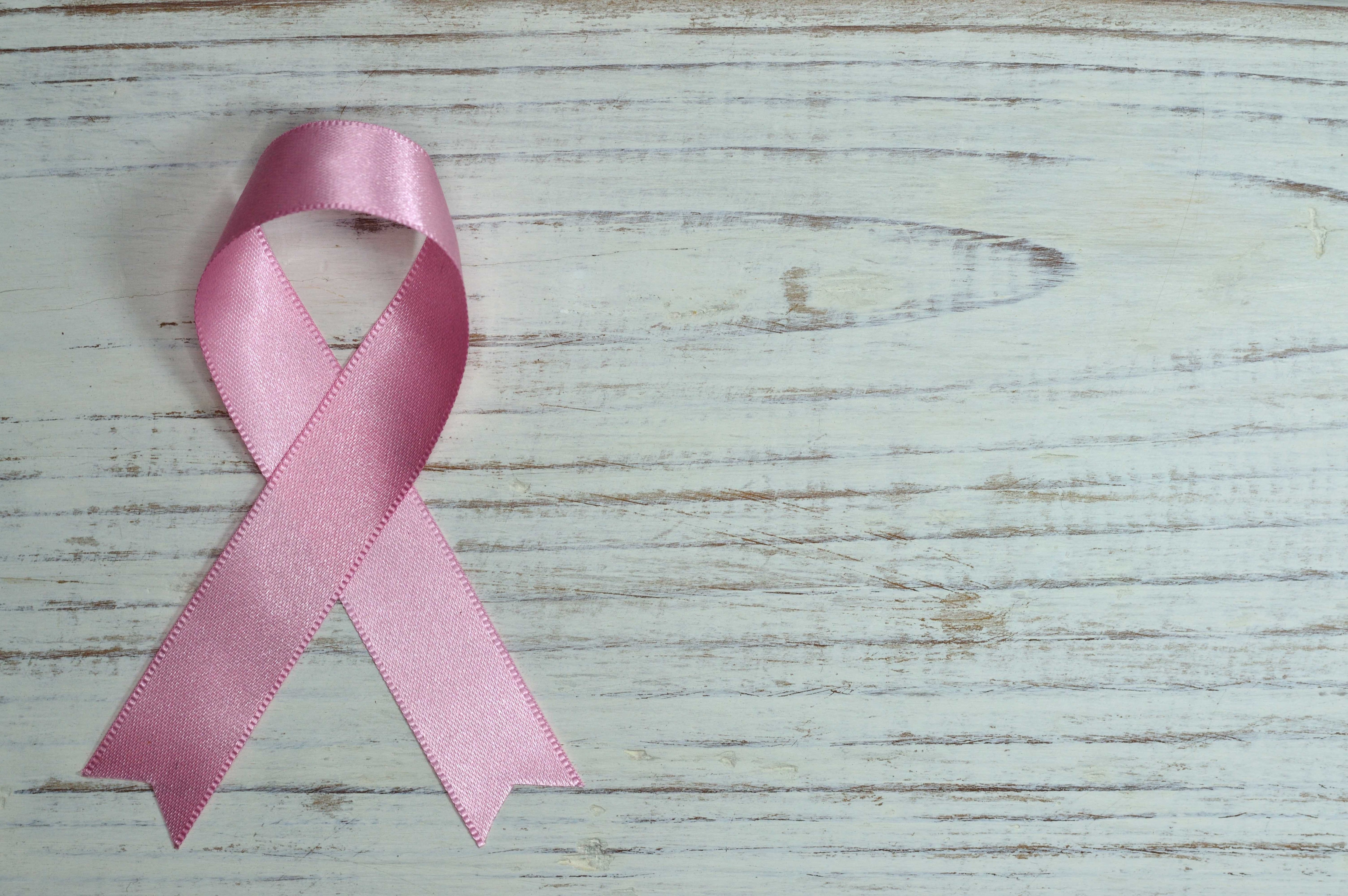The Importance of Breast Cancer Awareness
October 17, 2017Timely screenings are the best way to identify breast cancer before symptoms emerge. For health care providers, this means staying up to date with the latest screening recommendations. However, social workers can also play a significant role by connecting vulnerable populations to essential — and low-cost — resources.

Benita Walton-Moss, a clinical associate professor in the Department of Nursing at the USC Suzanne Dworak-Peck School of Social Work and family nurse practitioner for over 30 years, has spent her career championing women’s health services. In the following interview, she shares her experience on the necessity of regular breast screenings and mammograms, and why it is crucial for social workers to inquire about breast cancer screening with their clients, particularly in communities where resources to health care are more limited.
USC Suzanne Dworak-Peck School of Social Work: What was your clinical nursing experience before joining USC?
Benita Walton-Moss: I’m a family nurse practitioner, and I also spent some time working as a nurse practitioner at the Johns Hopkins Breast Center. As part of that job, I conducted preventative screenings for patients with varying risks of cancer. I also saw patients after mastectomies and other breast cancer surgeries to make sure they didn’t have any subsequent problems.
USC: As a nursing professor at USC, how has your approach to breast cancer prevention and care changed over time?
BW: At USC, I teach the advanced health assessment course. I teach students how to conduct a clinical breast exam, though providers are gradually phasing them out as mammography technology improves. I don’t advocate that patients do breast exams themselves anymore. We’ve discovered that there’s no correlation between self-exams and breast cancer mortality, partially because many women delay care out of uncertainty or denial. By the time they come in, the cancer is often more severe or has metastasized and it’s harder to give effective care.
Instead, the American Cancer Society (ACS) recommends something called “breast awareness.” Patients generally know how their breasts look and feel, and they should immediately talk to their care provider if they notice something out of the ordinary.
USC: What are the special needs for vulnerable populations when it comes to breast cancer detection and treatment?
BW: It’s incredibly important for middle-aged women to get screened, whether they’re displaying symptoms or not. The ACS recommends that women between 45 and 54 get screenings every year and then switch to biennial mammograms after 55. Women without health insurance may be reluctant to seek out preventative services, so care providers should keep updated records of programs that provide mammograms for free.
Education is also a critical piece of this. Many women aren’t aware of the importance of preventative screening, or the resources that might be available to them if they don’t have insurance. We also need to stress the role that family history plays in predicting a woman’s risk, especially if a relative was diagnosed with breast cancer before age 50. That type of diagnosis indicates a higher level of risk for the rest of the women in the family, who should begin screenings as soon as possible.
USC: What do you see as the connection between social work and nursing in regards to breast cancer treatment?
BW: Nurses and social workers are working toward the same goal of connecting patients to the care and resources they need. Nurses may be aware of those resources, but likely do not know as much about the specific programs available. Social workers can step up to fill the information gap and refer patients to programs that can help them.
The best thing social workers can do is increase awareness. Especially in vulnerable communities, social workers should be encouraging people to get mammograms and to spread the word about the importance of breast cancer screening to their loved ones. Beyond increasing awareness for specific women, social workers can remind the community at large of the benefits of early screening and detection.